What is the Difference Between Ginger and Ginseng? Ontario Ginseng
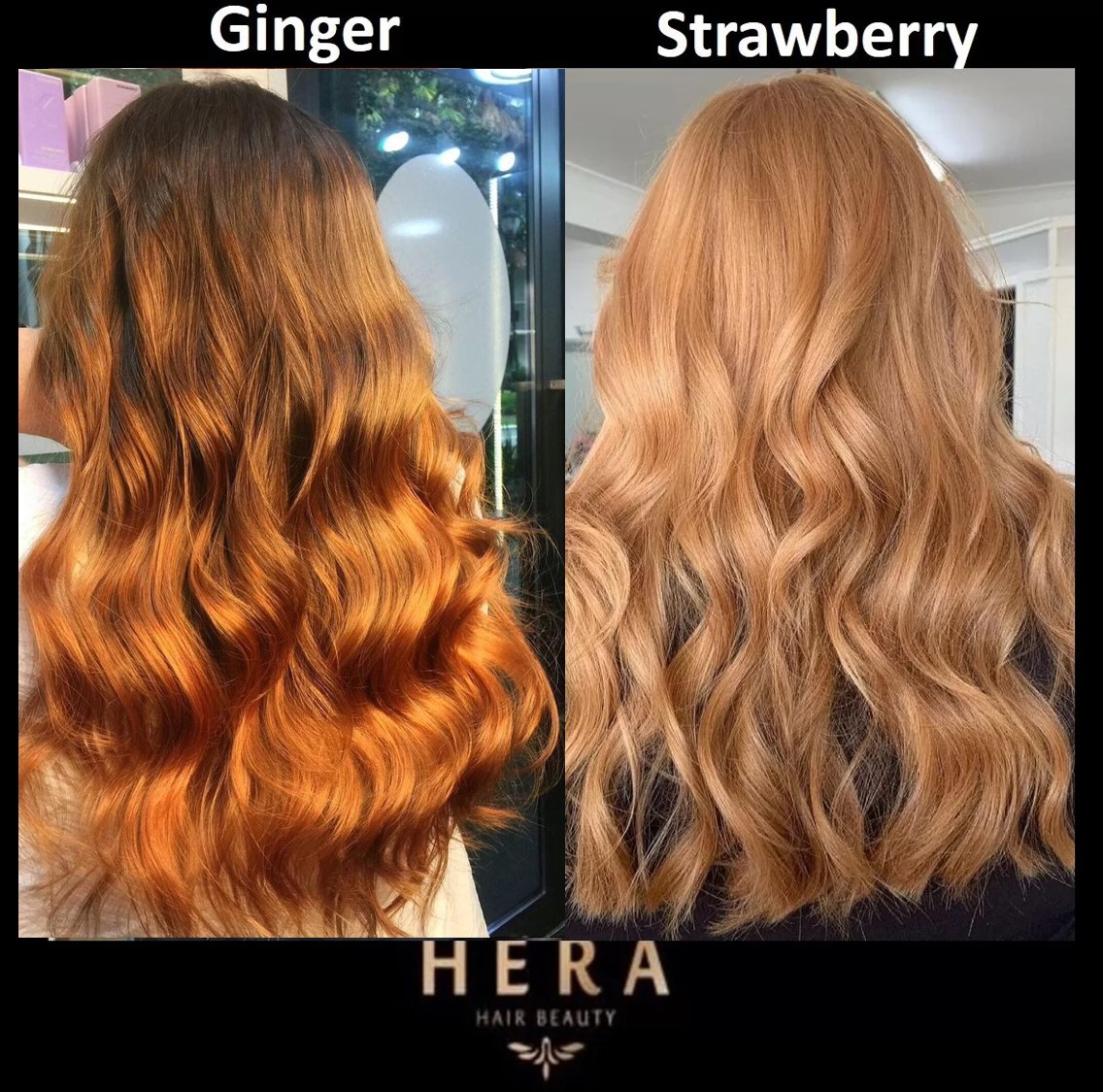
ginger hair color number Katelynn Beasley
The Difference Between Ginseng and Ginger. Ginseng and ginger are two popular herbal remedies that have been used in traditional medicine for centuries. While they may sound similar and are often used interchangeably, ginseng and ginger are actually quite different in terms of their properties and health benefits.

Ginseng Vs Ginger (What are the Real Differences)
Ginger belongs to the same family as both cardamom and turmeric. All three are native to Southeast Asia and are key ingredients in cooking within many cultures.. Like ginger, ginseng is a root that primarily grows in Asia—although one variety known as American ginseng grows throughout the midwestern United States.

Is Ginseng the Same as Ginger?
8. Can maintain normal blood sugar. Ginger and ginseng are also used to maintain normal blood sugar levels. Indeed, when the blood sugar level is high enough, they can increase the glucose uptake by the muscle cells, thus bringing the blood sugar level back to normal. 9.
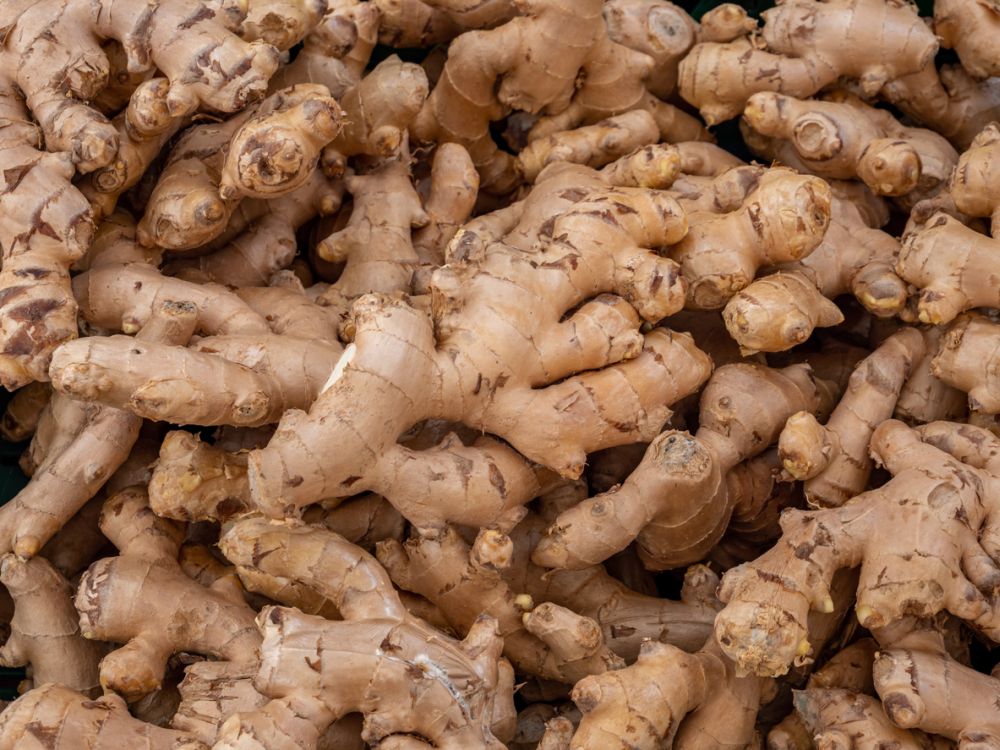
Substitute for Ginger 14 Excellent Alternatives to this Unique Condiment
"Ginger," a hot, fragrant kitchen spice, is commonly used in cooking and traditional medicine; it's derived from the plant Zingiber officinale. "Ginseng" refers to eleven different varieties of a short, slow-growing plant with fleshy roots, used in holistic medicine, typically associated with boosting energy and concentration.
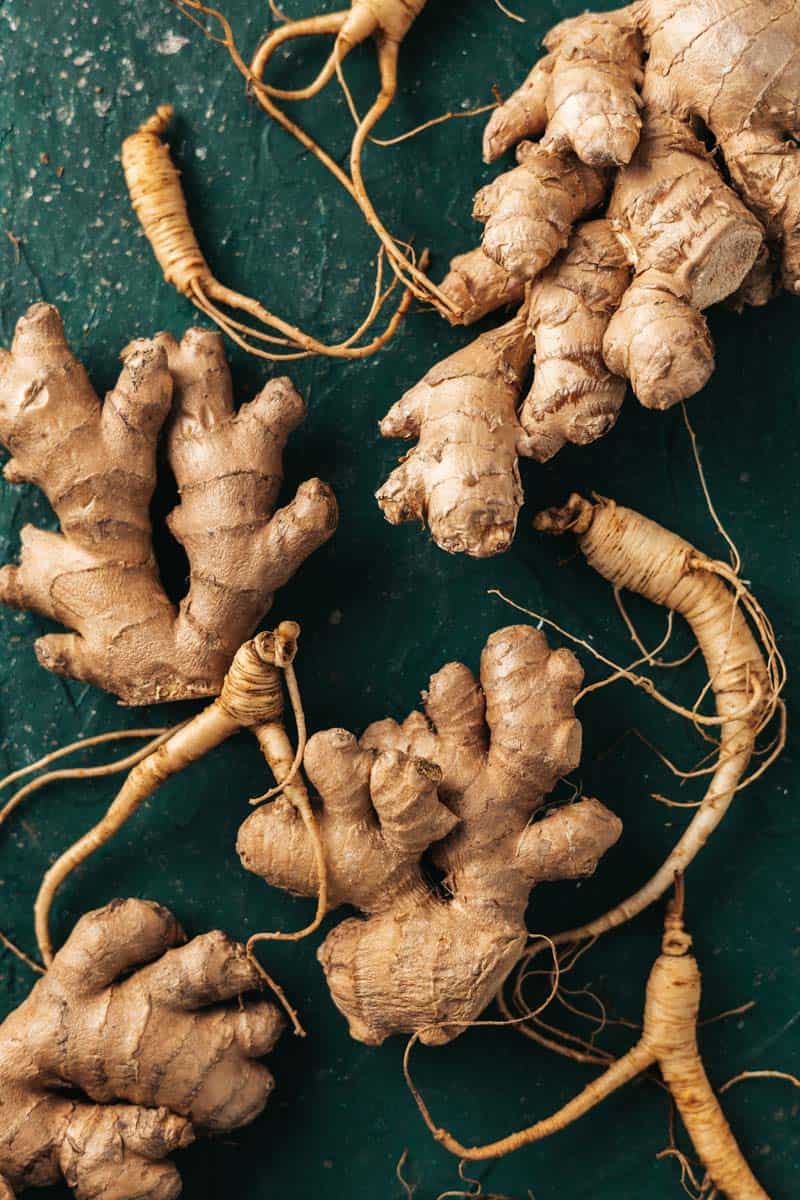
Ginger vs. Ginseng Properties, Benefits, Recipes & More
Ginger vs. Ginseng: Similarities & Differences Explained. When it comes to comparing ginger vs. ginseng, there are many similarities between these two herbs. First off, for each of these herbs, the root portion is part that is used medicinally. Also, these herbs grow in a similar region of the world (i.e. Asia).
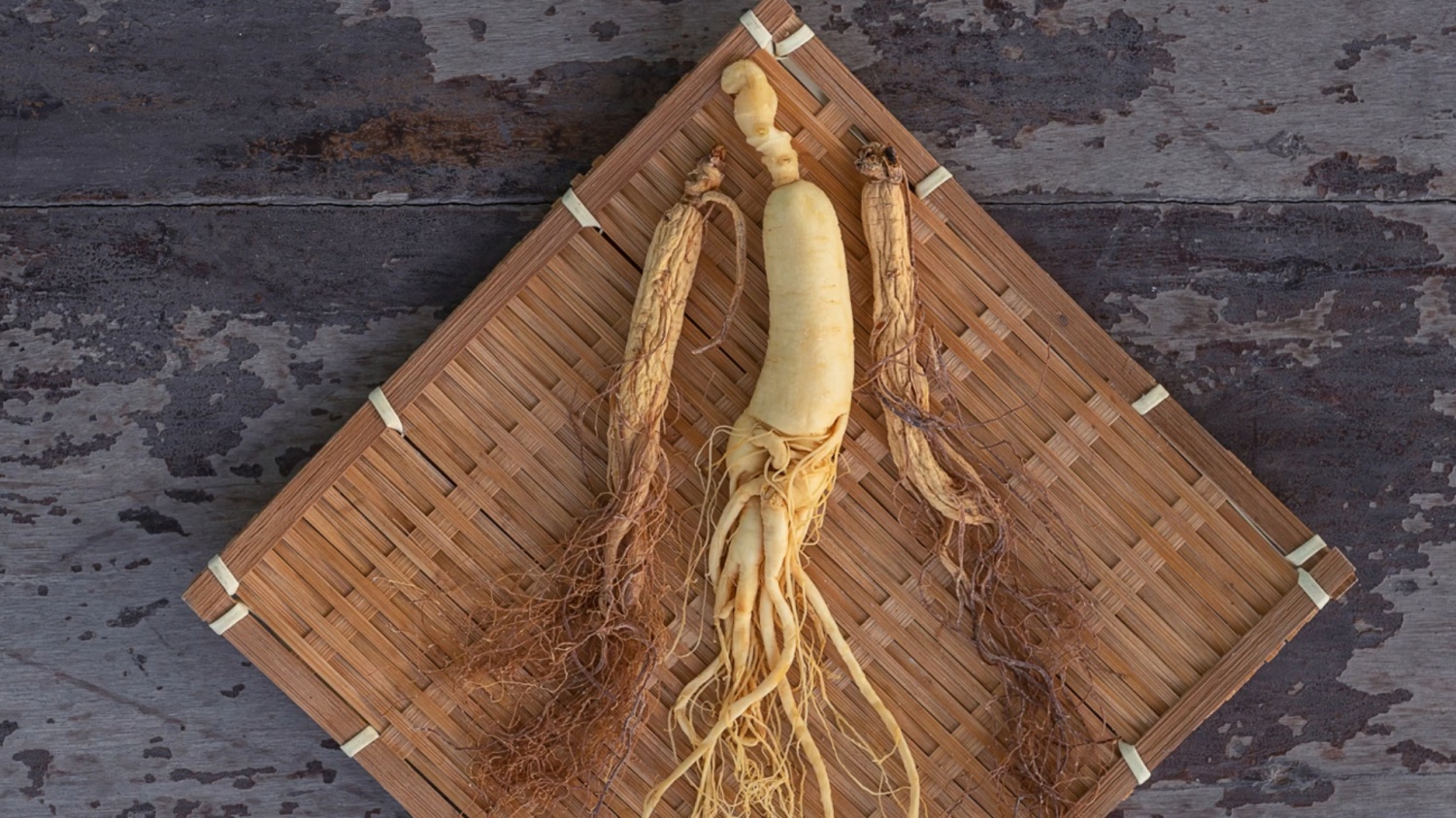
What You Need To Know About Korean Red Ginseng Life koreaportal
Ginger root and ginseng root are not the same; ginger is a different plant than any of the varieties of ginseng root. Although ginger is native to Asia, it is the underground stem of the Zingiber officinale plant. All three plants have different origins and different functions, but they are collectively called ginseng.

What is the Difference Between Ginger and Ginseng? Ontario Ginseng
What is the best way to consume ginger and ginseng? Ginger and ginseng can be consumed in various forms, including fresh, dried, powdered, or as supplements. They can be added to teas, soups, stir-fries, and other recipes to impart their health benefits. It is best to choose high-quality, organic sources for maximum potency.
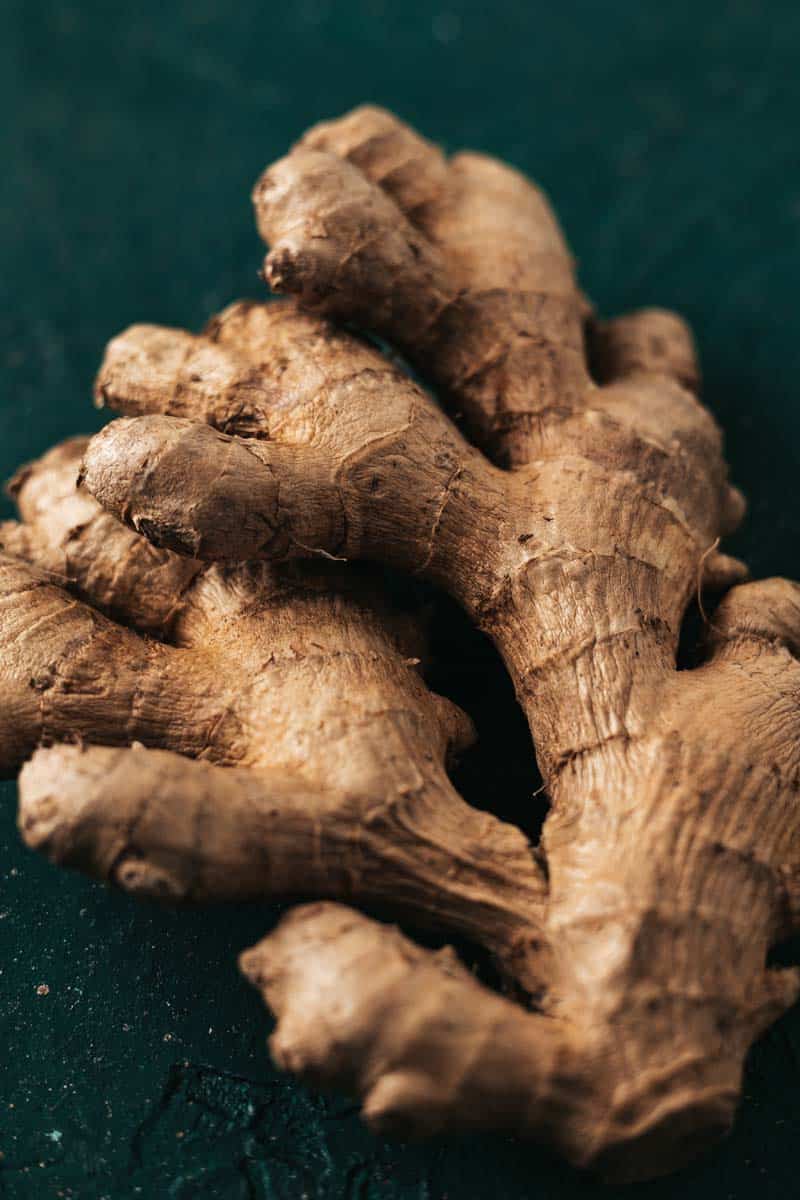
Ginger vs. Ginseng Properties, Benefits, Recipes & More
Differences between Ginseng and Ginger. When it comes to ginseng and ginger, there are several differences to keep in mind. Understanding these differences can help you use each herb appropriately and effectively. Appearance. One of the most apparent differences between ginseng and ginger is their appearance.

Ginger vs. Ginseng A Comprehensive Comparison
Ginger has a long history of medicinal use and is often used to alleviate digestive issues, reduce inflammation, and boost the immune system. Differences Between Ginseng and Ginger. While both ginseng and ginger offer health benefits, they differ in terms of their appearance, taste, and chemical composition. Here are some key differences:
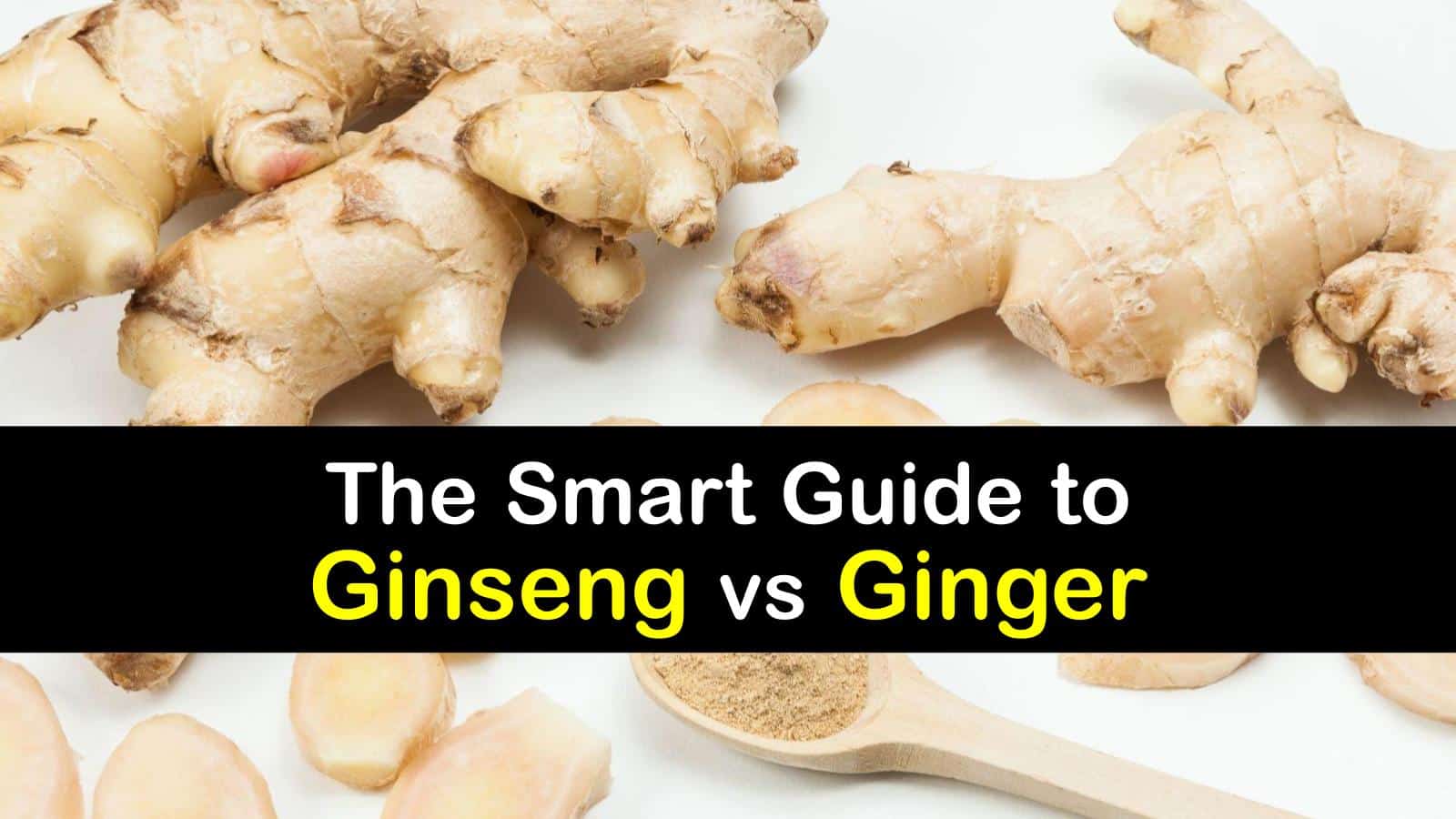
Differences Between Ginseng and Ginger
There is no evidence suggesting Ginger and Ginseng cannot be taken together. On the contrary, Traditional Chinese Medicine and other systems of wellness often combine Ginger with Ginseng in herbal formulas for various purposes. Ginger and Ginseng Tea is also a popular winter elixir supporting immunity, energy, and overall wellness in.
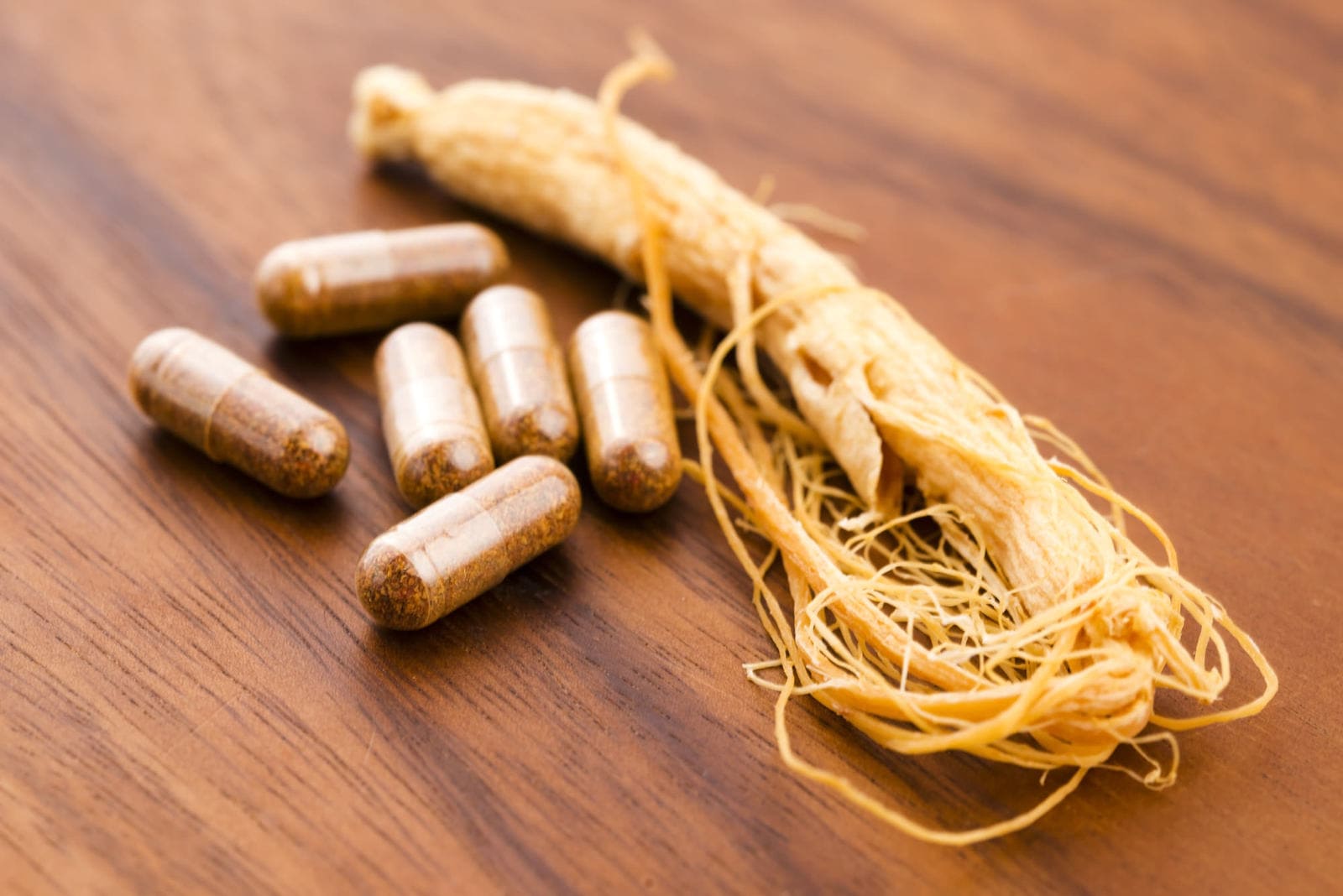
The Impact of Ginseng on Stress and Mood Canadian Ginseng & Giftworks
Ginseng and ginger - two flowering plants known for their medicinal roots. With such similar sounding names, it makes sense why we might confuse these plants! Each has its own set of unique health benefits. We'll discuss what are the key differences between ginseng and ginger, the health benefits of both, and which you might opt for while.

10 Benefits Of Ginseng That You Need To Know Lifehack
In contrast, ginseng's anti-inflammatory effects can help decrease oxidative stress and support overall tissue health. Digestive Health: You might use ginger to relieve digestive issues such as bloating, gas, and indigestion. Its efficacy is notable in cases of pregnancy-related nausea and post-operative upset.
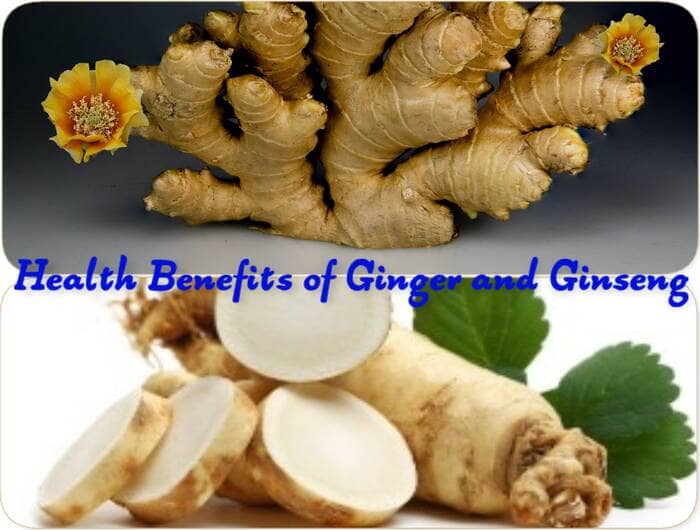
Health Benefits of Ginger and Ginseng [+Recipes]
Ginseng is more bitter than ginger, which has a sweeter flavor. Ginger is used in larger amounts in cooking than ginseng. Availability: Ginseng is often more expensive and less widely available than ginger, which is a common spice and herb that is widely available in grocery stores and used in many cuisines around the world.

The Mighty All Heal Man Root Ginseng
We all know that ginger is a common spice for baked goods, but ginseng is a different plant altogether. Learn the differences between ginseng vs ginger and the health and wellness benefits of each root. Both ginger and ginseng have edible leaves and roots and are useful for medicinal purposes. However, they are completely different plants.

Top 5 Benefits of Ginseng Energy, Focus, and More Care/of
Get ready for a tour of the amazing features of Ginger and Ginseng! You'll learn about the spicy punch and strong health benefits of Ginger. At the same time, you'll discover how Ginseng quietly, yet effectively, boosts energy and enhances brain functions. You might have doubts about which root is superior or wonder if using both together could offer extra health perks. Well, we'll answer all.

a plant with green leaves and a red berry on it's stem in the woods
How is Ginger Different from Ginseng? Ginger is also a fleshy root plant — but that is where a lot of the similarities end. As a medicinal plant, ginger is commonly used to treat digestive issues, especially nausea and vomiting. Ginger has a warm, spicy flavour, and contains vitamins A, B, C, and E, making it a popular choice in many kitchens.